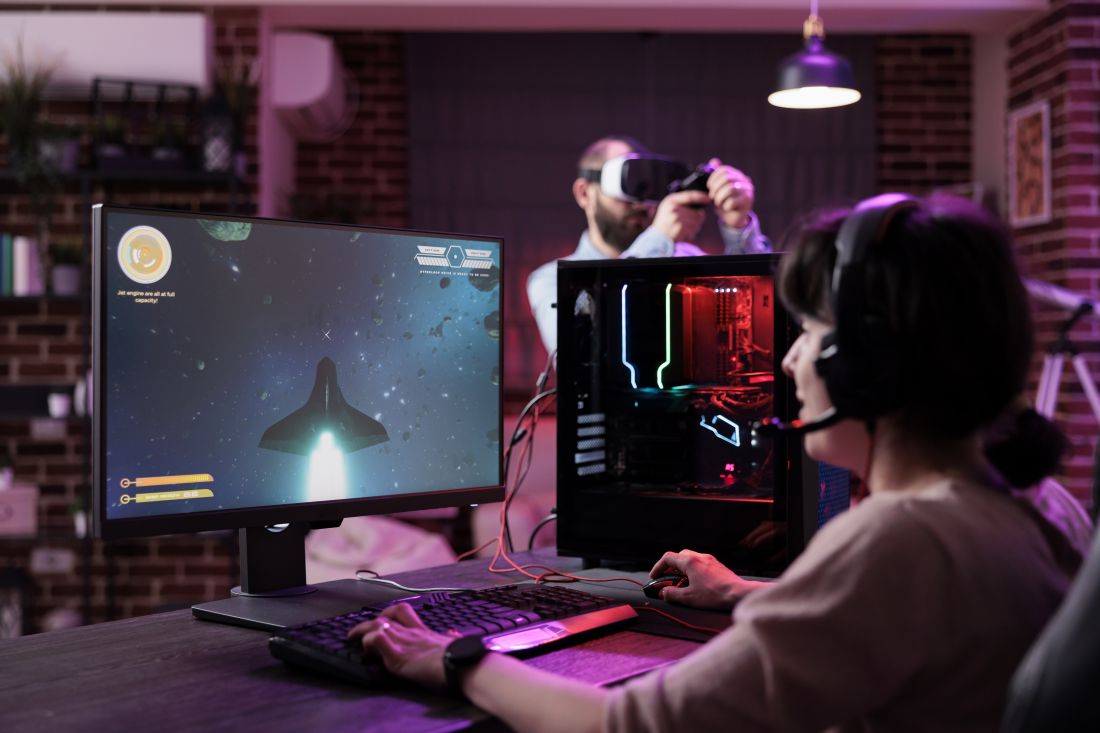Consider Wittgenstein's paradigmatic question about defining "game." The problem is that there is no property common to all games, so that the most usual kinds of definition fail. Not every game has a ball, nor two competing teams; even, sometimes, there is no notion of "winning." In my view, the explanation is that a word like "game" points to a somewhat diffuse "system" of prototype frames, among which some frame-shifts are easy, but others involve more strain.
Marvin Minsky, in reference to Wittgenstein's Philosophical Investigations, in "Jokes and their Relation to the Cognitive Unconscious" (1980)

